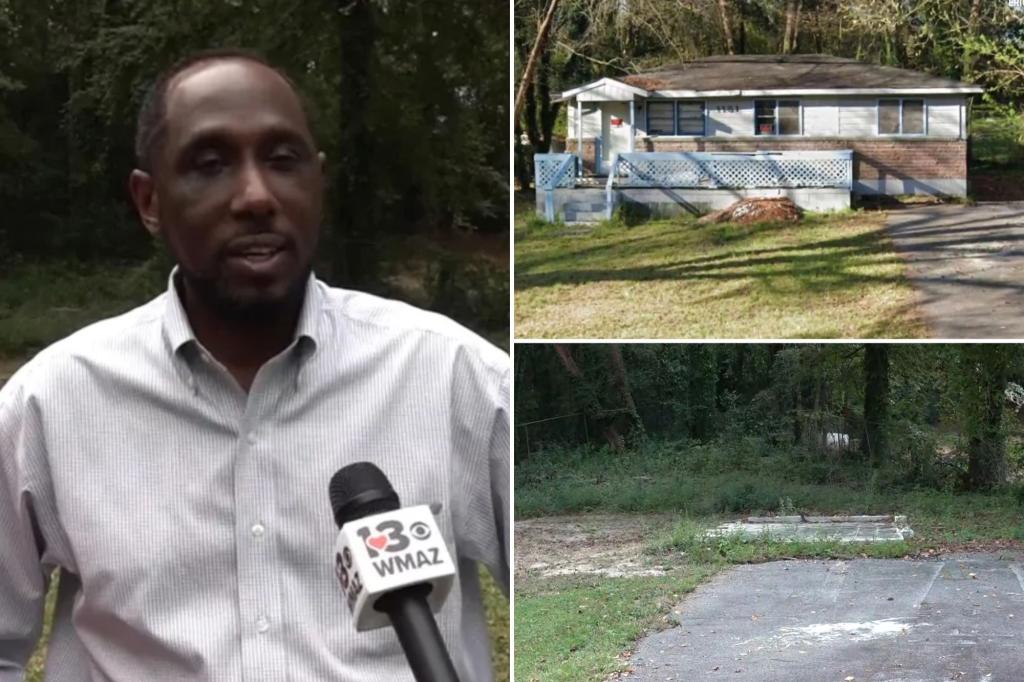Eric Arnold, a homeowner in Georgia, is suing Macon-Bibb County officials after his home was demolished without a court hearing. Arnold had purchased the property in Macon for $15,000 in February 2022 and had planned to renovate it for himself and his children. The home was meant to be a fixer-upper, but after a dumpster was placed on the property, it was deemed an imminent threat to the community and listed for demolition.
Despite claims that Arnold was unaware of any liens on the property and had taken necessary steps to save the home, it was demolished in November 2023. The demolition was a part of Mayor Lester Miller’s Blight Fight initiative, which aimed to remove dangerous structures from neighborhoods. Arnold insists that he paid his taxes and obtained the required permits for the renovations, but the county proceeded with the demolition regardless.
Arnold’s lawyer, Christie Herbert, argues that the county secretly fast-tracked the demolition process after Arnold requested that the home be removed from the list. The property now remains a vacant lot with only a concrete slab and a mailbox post. Arnold is seeking compensation for the cost of the house and renovations. Neighbor Jerry Collins expressed concern that such demolitions could hinder efforts to revitalize the neighborhood by discouraging property owners from renovating old homes.
Herbert emphasized that Arnold’s lawsuit represents a larger issue about protecting the constitutional rights of property owners in Macon-Bibb County. The county officials claim that the property was identified as blighted before Arnold purchased it and had 20 months to address any issues. However, they were not made aware of any permits or repairs being done, leading to the demolition of the home. Arnold’s case raises questions about the transparency and communication between property owners and local government officials in renovation projects.
The incident highlights the challenges that homeowners face when trying to salvage dilapidated properties for personal use or neighborhood revitalization efforts. Arnold’s experience serves as a cautionary tale for other property owners in similar situations and underscores the importance of being proactive in navigating local regulations and requirements. The lawsuit between Arnold and Macon-Bibb County officials sheds light on the complexities of property rights, code enforcement, and the responsibilities of local governments in preserving historic structures and promoting community development.


